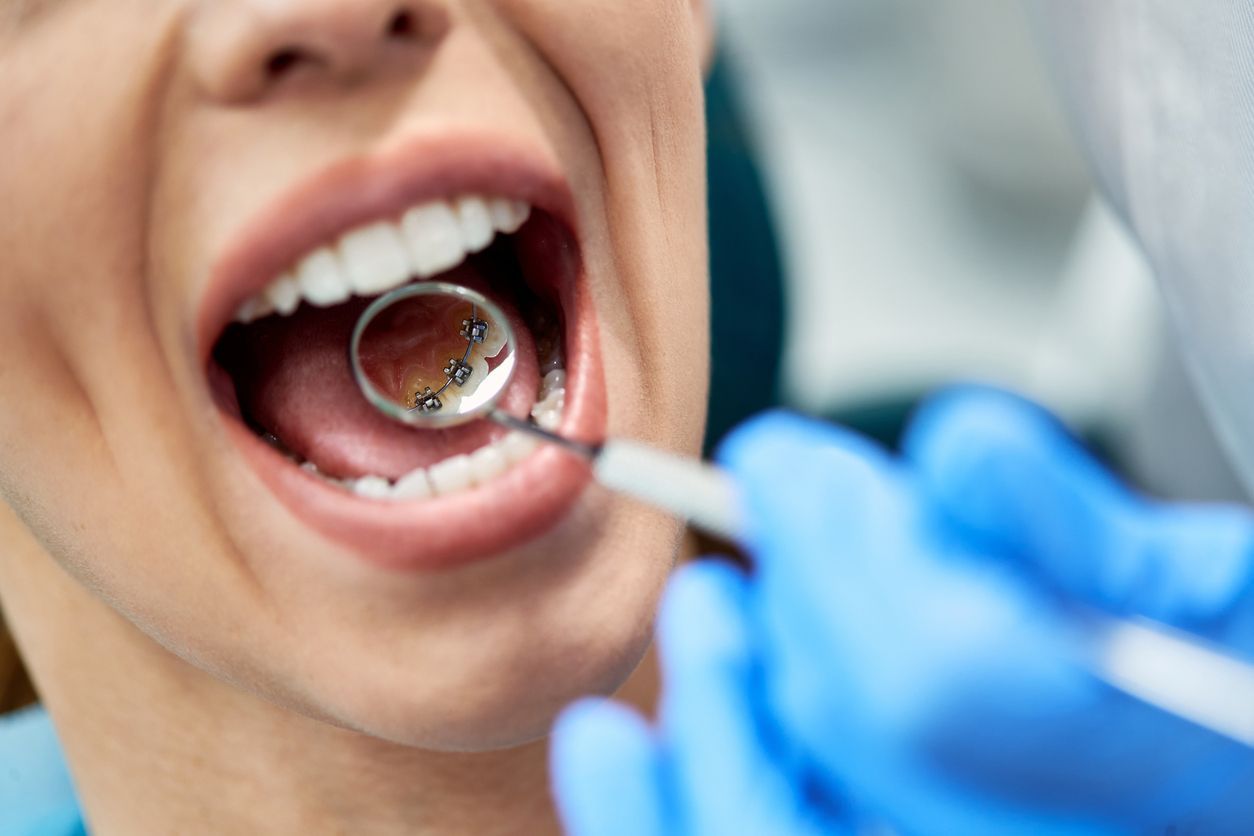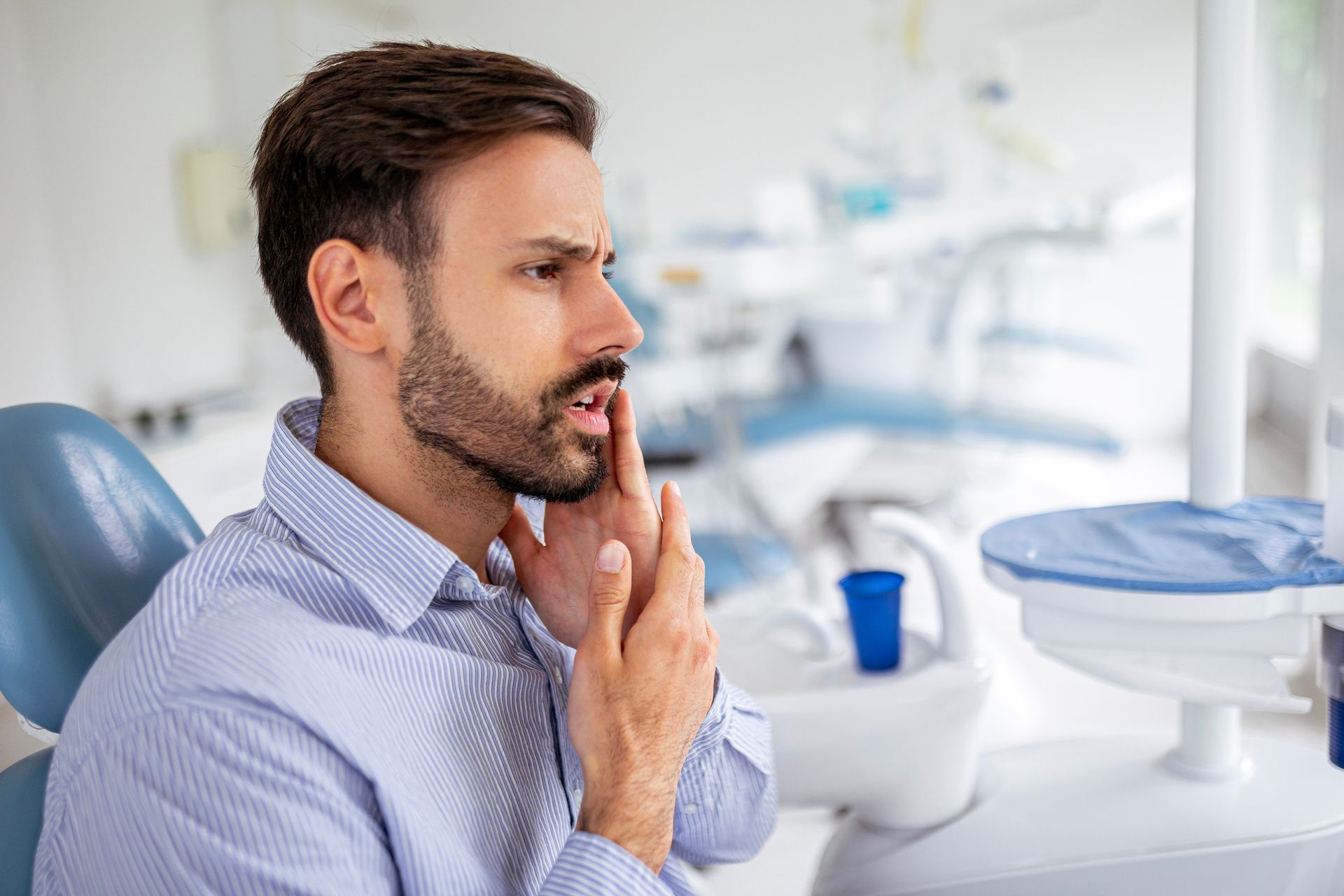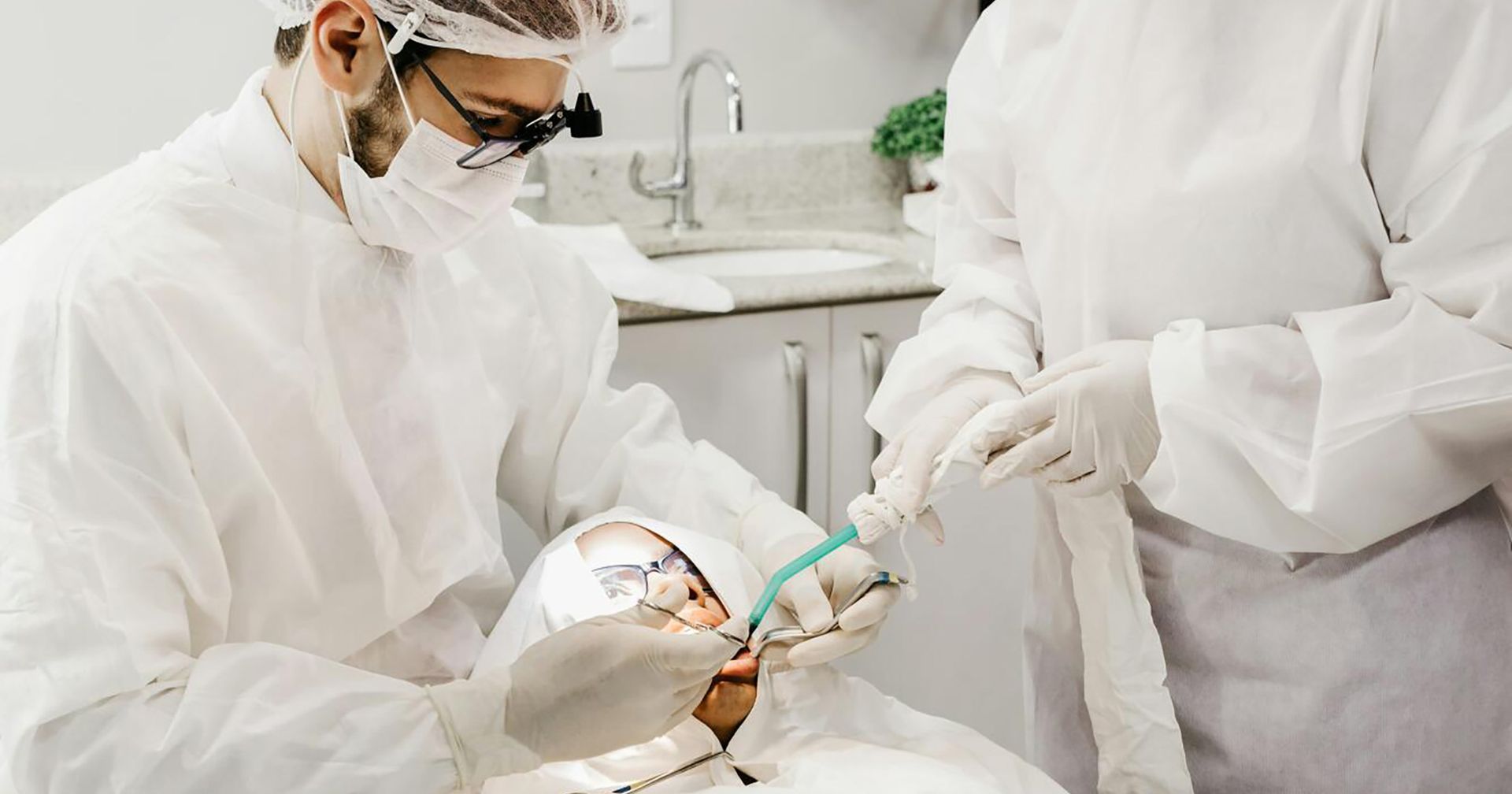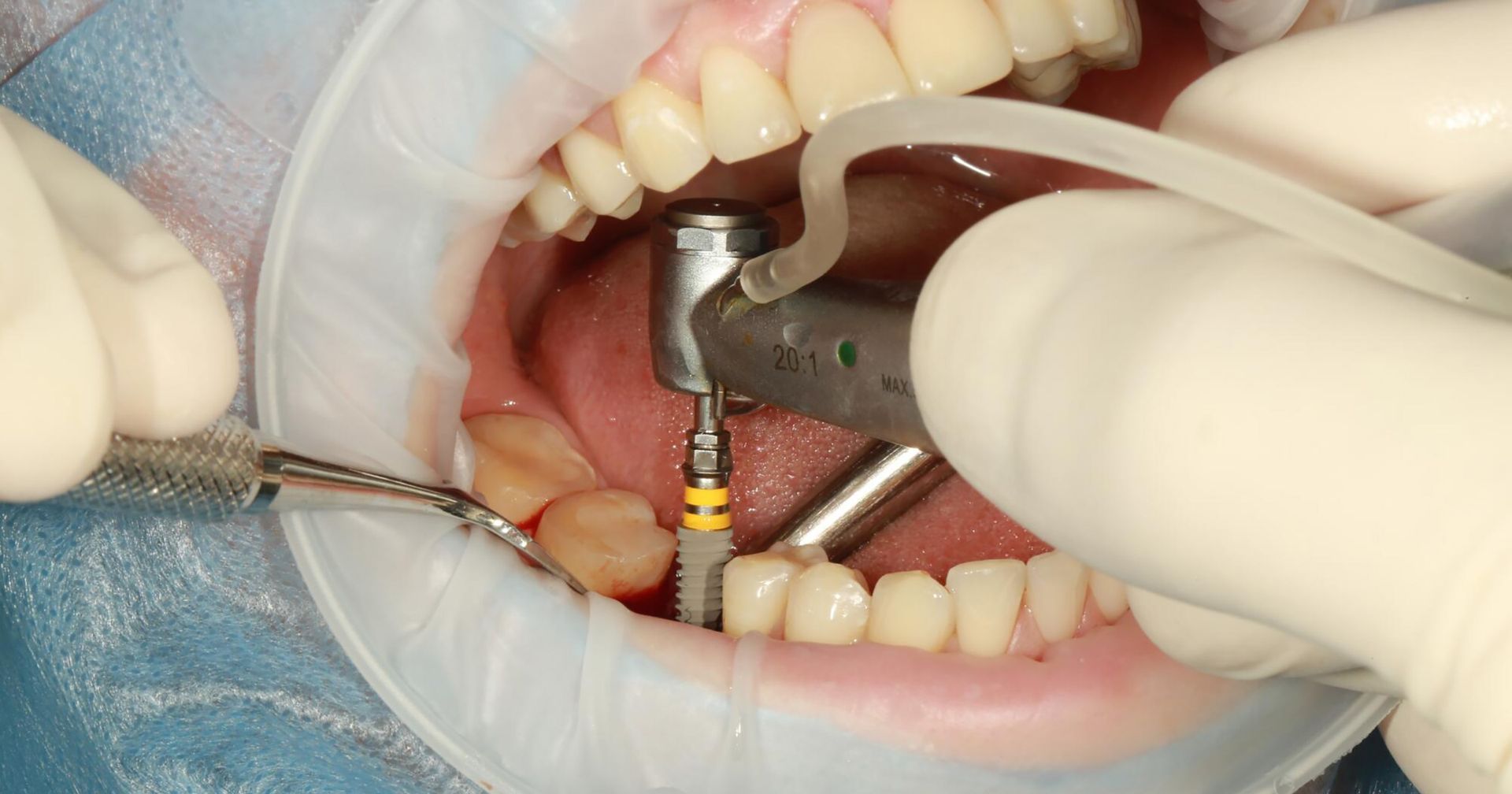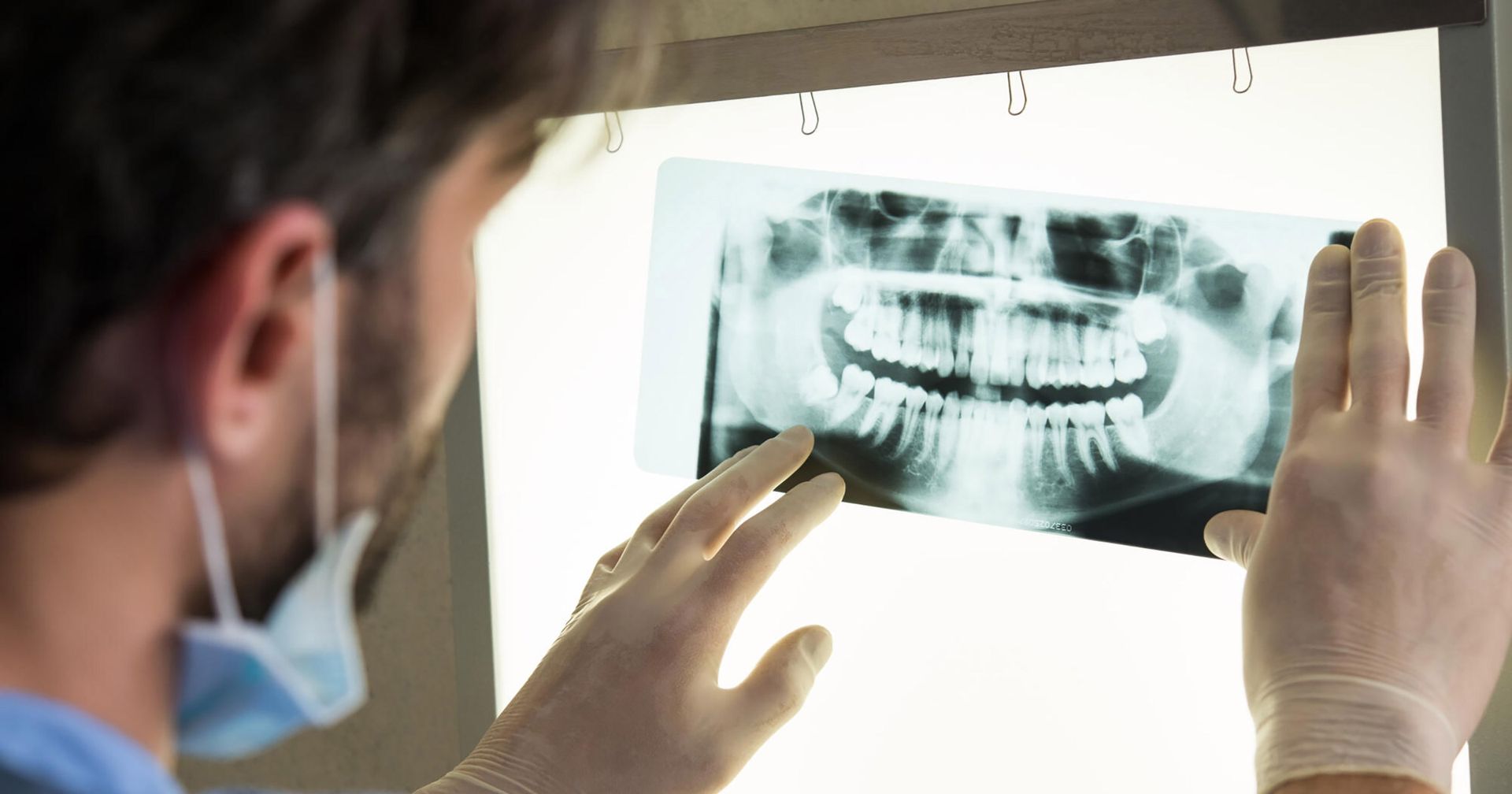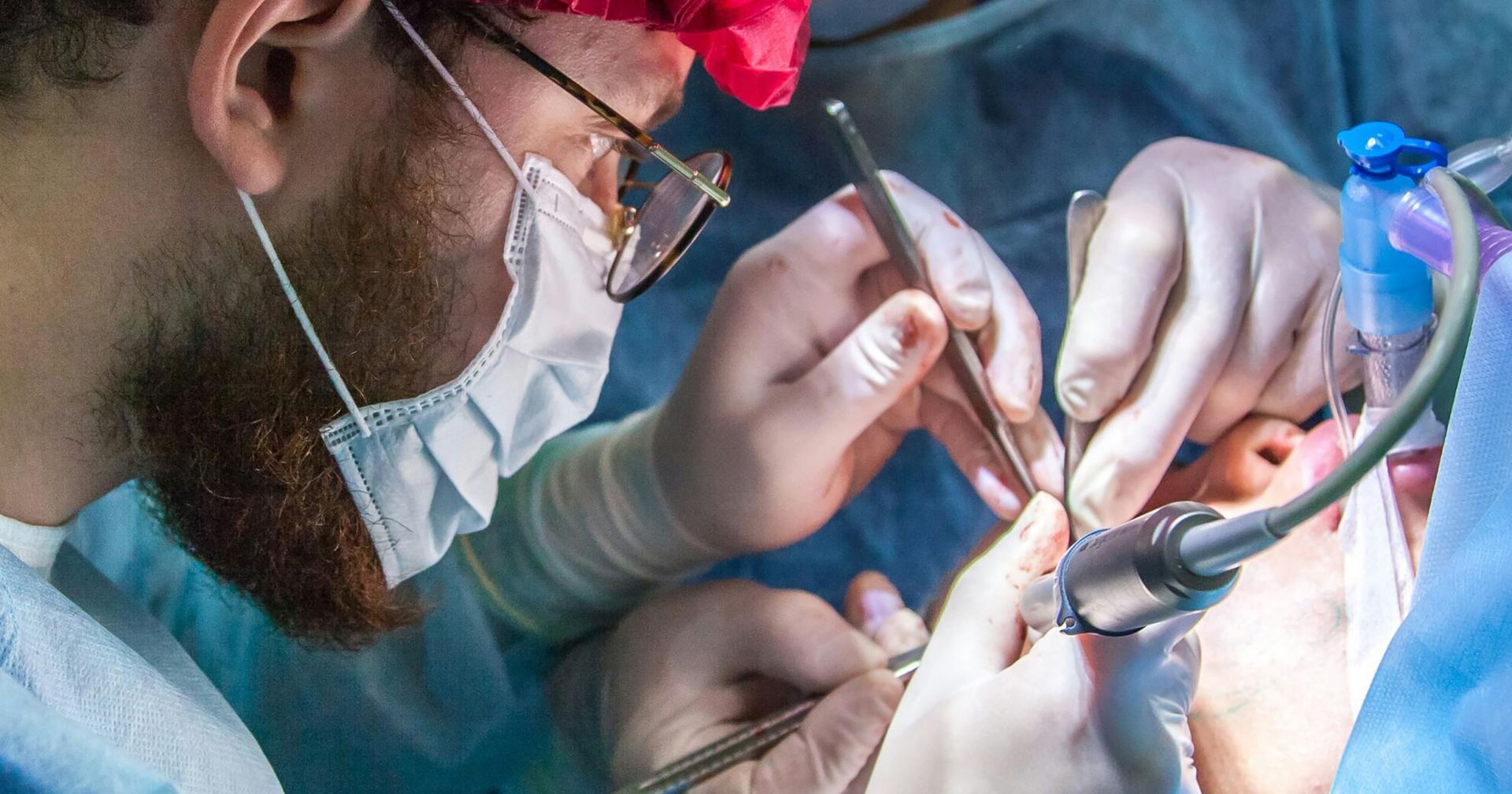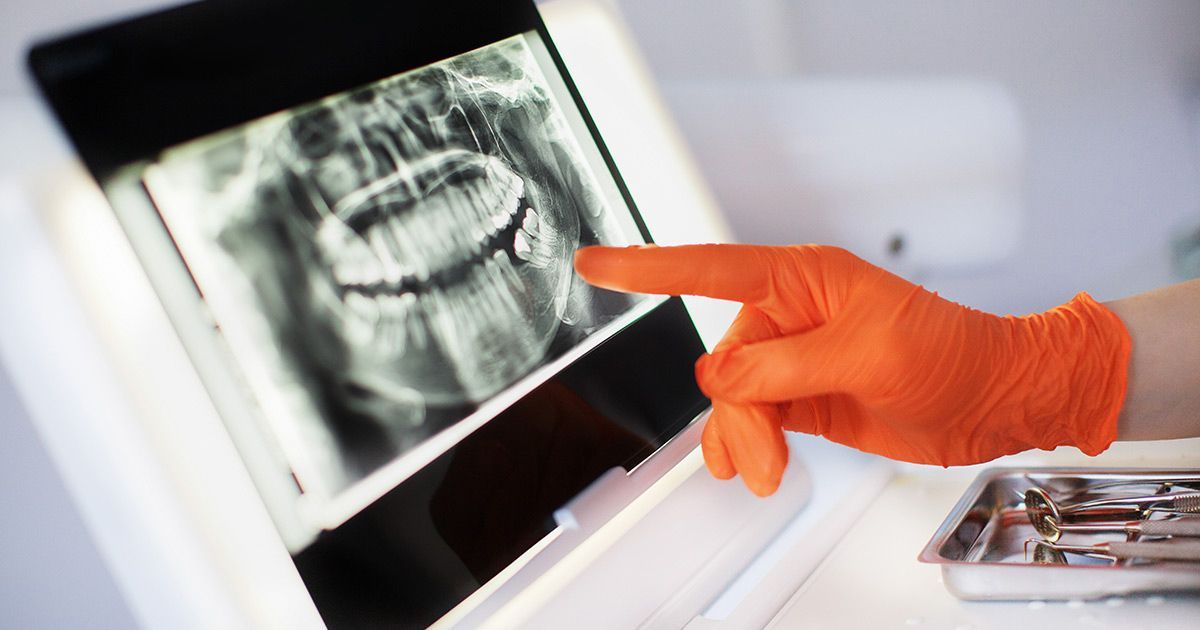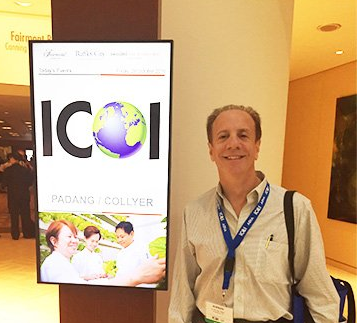7 Things to Do After Wisdom Teeth Removal
Dr. Tabas • November 4, 2019
Discover what to expect after wisdom teeth removal and find out what you should do after the procedure to ensure a smooth recovery.
So, you've just had a wisdom teeth removal procedure, and you're not sure how to take care of your mouth for the next few weeks. It's not surprising. After all, most of us will only have to go through this procedure once in our lives, and it's not like everybody gets to study dental hygiene.
So, join us today as we break down seven professional wisdom teeth removal recovery tips for a speedy recovery. You might surprise yourself with what you don't know you're already doing, and how you can improve your dental health.
Maintain A Clean Mouth
Wisdom teeth removal might be common, but it's a medical operation, nonetheless. That said, it's important to know how to keep the operation site clean, hygienic, and safe from infection.
Brush your teeth the night of your surgery, but wait to rinse your mouth until the day after. Moving forward, mix one cup of warm water with a teaspoon of salt, six-to-eight times a day, and rinse, especially after meals.
Medications
Wondering what to do after wisdom teeth removal? The worst thing you could do is to live your life in pain. Pain-relief can sound like a minor issue to some people, especially when undergoing such a commonplace surgery. This is counterproductive, as the pain can actually get in the way of your healing, forcing your mouth into shapes that impede your progress.
Use wisdom teeth removal pain relief prescribed by your doctor, as directed, in order to control and manage your pain. In the case of antibiotics, it's important to complete your entire dose as outlined, even if you start to feel better before the course is done.
Tea Bags
It might sound odd, but no list of wisdom teeth removal tips would be complete without mentioning soggy tea bags. No, this isn't us suggesting you get out the fine china and brew yourself a spot of tea. But there is some science
behind the idea of using moistened tea bags to help in the healing process. In fact, there's enough of that evidence to warrant a place on this list.
Remember: tea contains tannic acid, which helps to constrict blood vessels and reduce bleeding. Simply place a wet tea bag in your mouth, on the surgical site, and bite tightly for roughly 20-to-30 minutes.
Plenty Of Rest
It's almost cliched advice, by this point, but getting some good, old fashioned rest can help in your recovery process. It turns out your parents and childhood doctor had a point: there's nothing you can't fix by taking it easy for a little bit.
Refrain from any physical activity for the first 24 hours following your wisdom teeth removal. Elevate your head and relax with some comfy pillows, and always avoid sleeping on the same side as your extraction. If nothing else, you really have earned a bit of a break. Happy napping, everybody!
Get Back To A Normal Hygiene Routine
It can be tempting, following surgery, to slip into bad habits with regard to your own personal hygiene. You've been through a lot. You deserve some time to be irresponsible or even just lazy. But it's important not to let a slip turn into a new lifestyle, full of bad habits.
Within the first 24 hours of your surgery, you can return to normal brushing and flossing. Do your best to avoid the surgical site while doing these. You can resume wearing your retainer and, if you feel discomfort, you can safely stop for a week or two.
Diet
To kick off your new, post wisdom teeth removal life, you're also going to want to consider a new diet. Now, take it easy - this is for everyone, and is more a case of eating softer foods that are easier on your mouth than eating paleo or calorie counting.
Firstly, you'll want to eat softer, slightly colder foods in order for them to pass through your mouth and throat without irritating you too much. Smoothies, ice-cream, yogurt, and pudding are all on the cards. Moving forward, you should be able to move to semisolids, like warm soups, and gradually moving on, in time.
Avoid The Following
Of course, not every tip for maintaining your health after an operation such as this is going to be things to do, per se, rather than things never to do. So, for our seventh point, let's take a closer look at four things to avoid doing after your wisdom tooth extraction:
Drinking Through Straws
Once you've extracted a tooth, blood tends to pool in the socket left behind. With the added pressure that comes from sucking on a straw, however, it's possible to dislodge blood clots in these sockets. This can lead to a condition known as "dry socket" which exposes the underlying nerves in this area and is very painful.
Smoking or Alcohol Use
It's recommended not to use alcohol or tobacco within the first week of your surgery. If not possible, 48 hours is the absolute bedrock on this number and should not be taken lightly.
Blowing Your Nose
Blowing your nose after taking your wisdom teeth out creates unnecessary pressure. This pressure can dislodge blood clots, which usually form in the sockets and protect the underlying bone and nerves. Without it, these are all left exposed. This is what makes blowing your nose during this sensitive time period such a risky pursuit and not one we recommend.
Difficult To Chew Foods
Crunchy, heavy or chewy foods like nuts, cereals or popcorn, can be extremely difficult to eat, post-op. Not only is this unpleasant, but it may lead to weakening and damage to sensitive tissues. Make sure to wait a week before you introduce these problem foods back into your diet.
Wisdom Teeth Removal
And there you have it. By following these seven easy-to-do steps, after your wisdom teeth removal, you'll be on your way to a full recovery in next to no time. Remember: keep your mouth clean, stay away from high-pressure situations, and eat soft things. Before you know it, you'll be all healed up and ready to go.
For more on oral healthcare, make sure to check out the rest of our awesome blog content, or get in touch today to find out about our excellent services.

